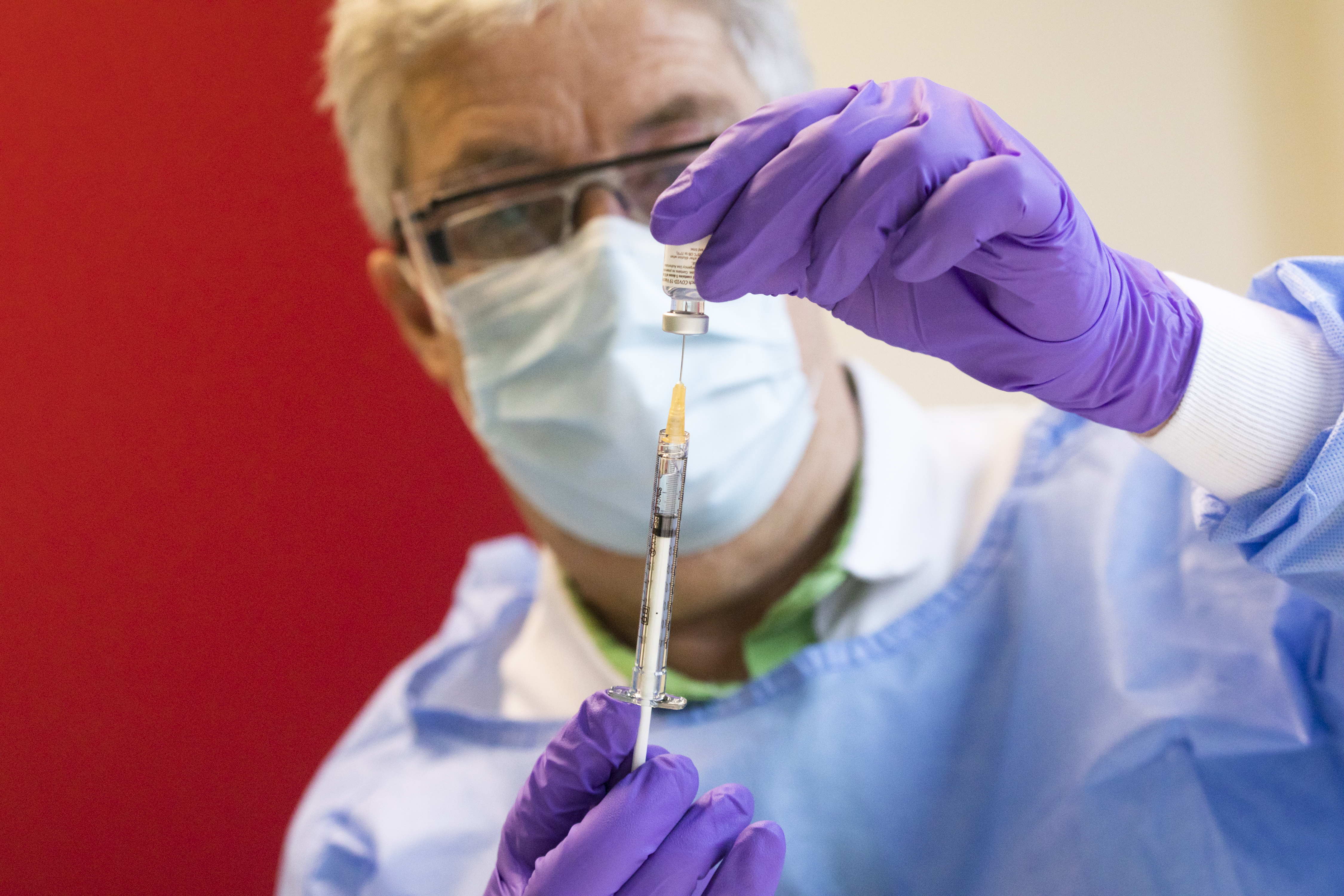Flemish researchers reach new milestone in development of Listeria vaccine

With a combination of innovative antigen discovery and mRNA vaccine technology, known from COVID vaccines, researchers from Ghent have taken a big step towards the development of a Listeria vaccine. The same technique also paves the way "for the development of much-needed vaccines against other bacteria", reported the Flemish Institute for Biotechnology (VIB) on Monday.
The bacterium Listeria monocytogenes can lead to listeriosis after eating contaminated food. Listeriosis can cause sepsis and meningitis. This is rare, but can be fatal in over a fifth of infected people. The research by the team of Professor Francis Impens (VIB-UGent Centre for Medical Biotechnology), colleagues at UGent, the Cancer Research Institute Ghent and others has now taken an important step towards a Listeria vaccine.
Such a vaccine first and foremost requires antigens: these activate the immune system and stimulate the production of cells and antibodies, which attack the infection. The problem with Listeria is that it hides in human cells from the immune system. "This is a common problem with intracellular bacteria and has made the development of vaccines against such pathogens notoriously difficult," explains Dr Rupert Mayer.
Professor Impens' team used advanced mass spectrometers to search for self-peptides. "These are short protein fragments that signal the immune system 'don't attack us, we are part of the body'," explains the VIB. "When a bacterium infects a cell, some bacterial peptides are also expressed on the cell surface. It's a matter of finding them."
The researchers detected more than 15,000 peptides on infected human cells. In the end, they discovered 68 Listeria peptides, including several with antigenic properties. With the help of Dr Ine Lentacker (UGent) and her team, these antigens were encoded in an mRNA vaccine. "Testing the vaccine in mice led to a specific immune response and induced protection against listeriosis," it sounds. "This work could form the basis for a vaccine for humans and for a vaccine for livestock, as Listeria can cause significant problems for infected animals in that sector."
"Our study also shows the potential to develop much-needed vaccines against other intracellular bacteria, such as Salmonella, Shigella or Mycobacterium tuberculosis," Impens explains. "This is good news as antibacterial vaccines are one of the solutions to tackle the fast-growing problem of antibiotic resistance."
(TOM)
#FlandersNewsService
© BELGA PHOTO HATIM KAGHAT